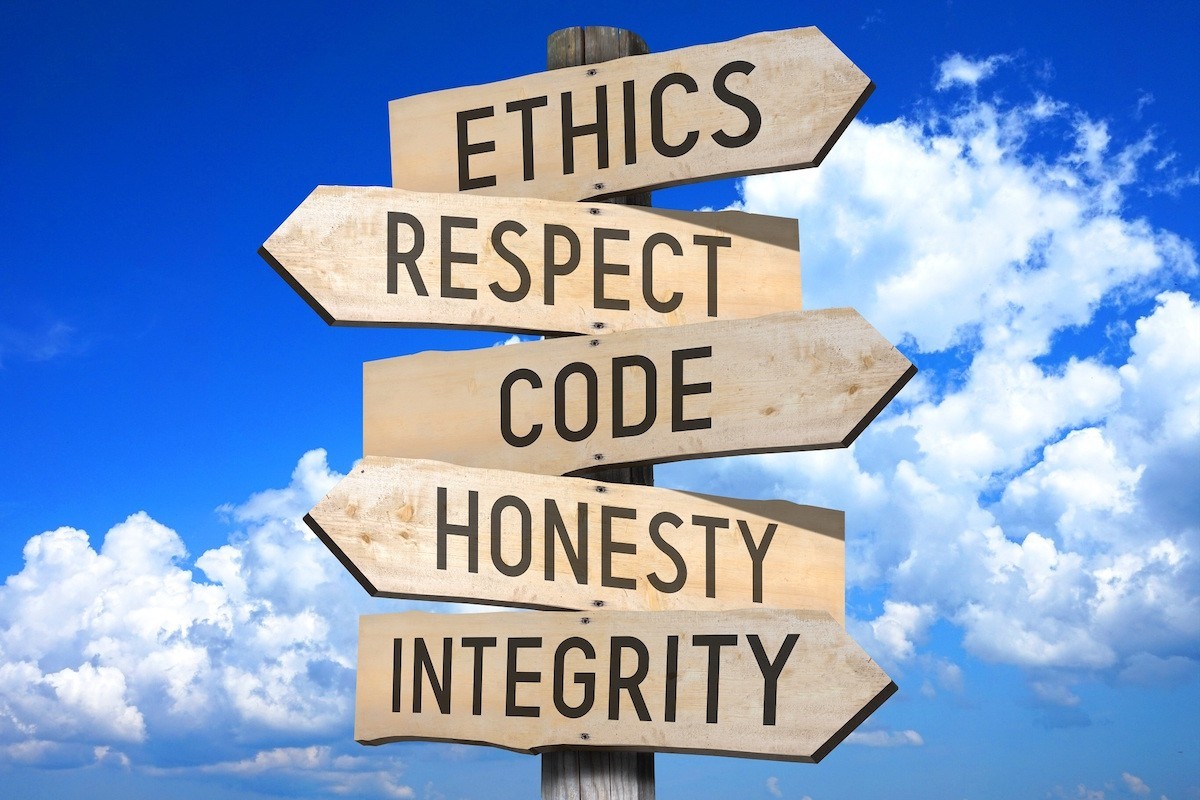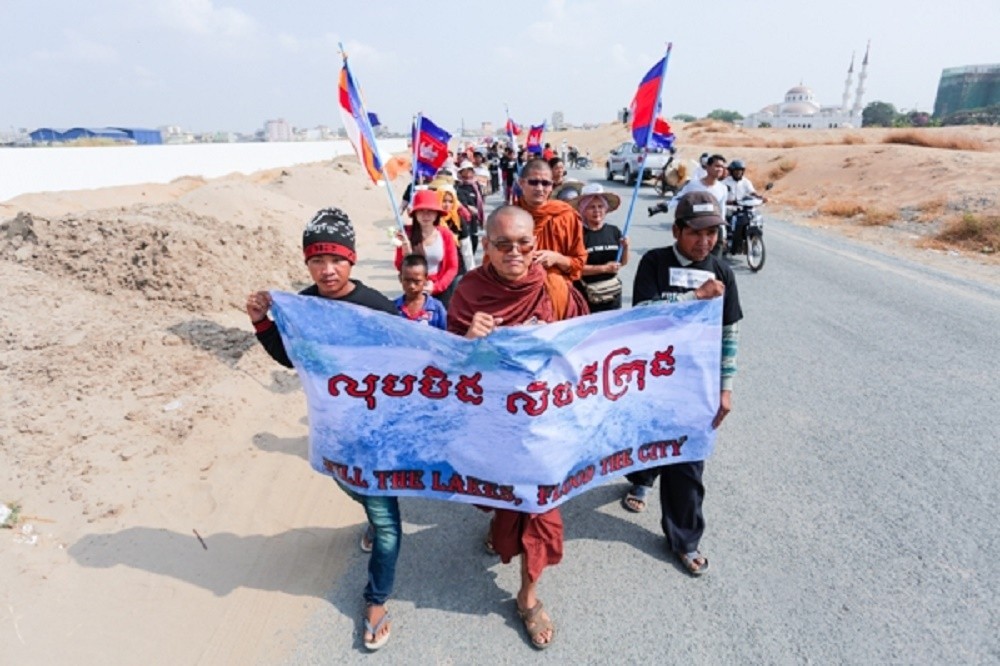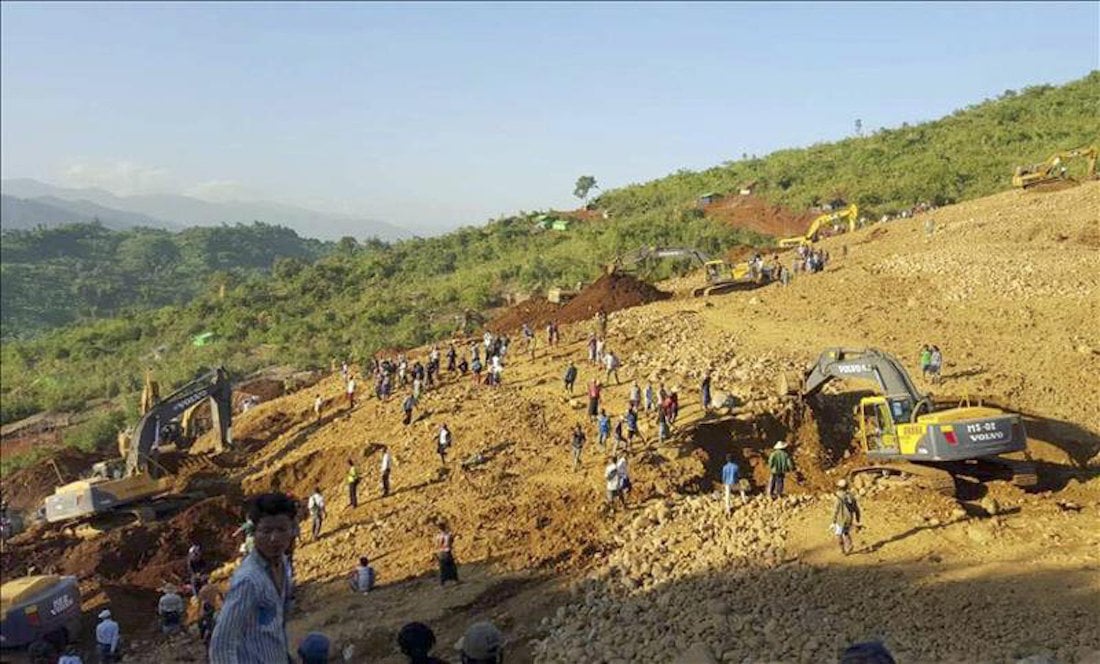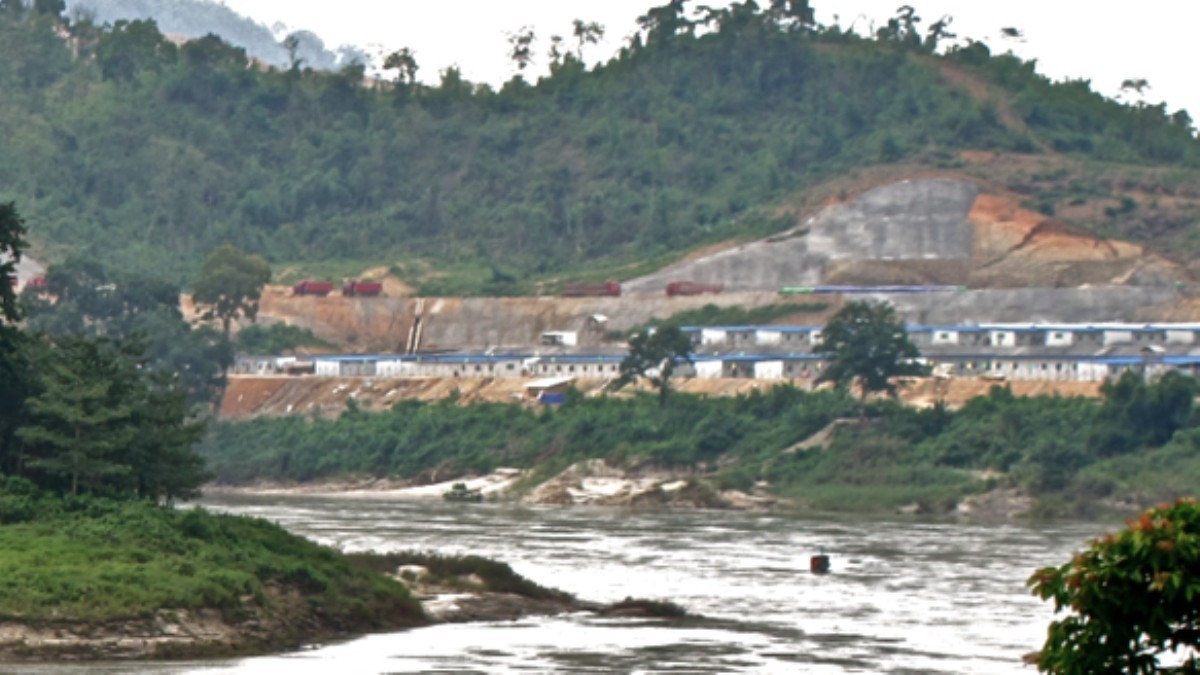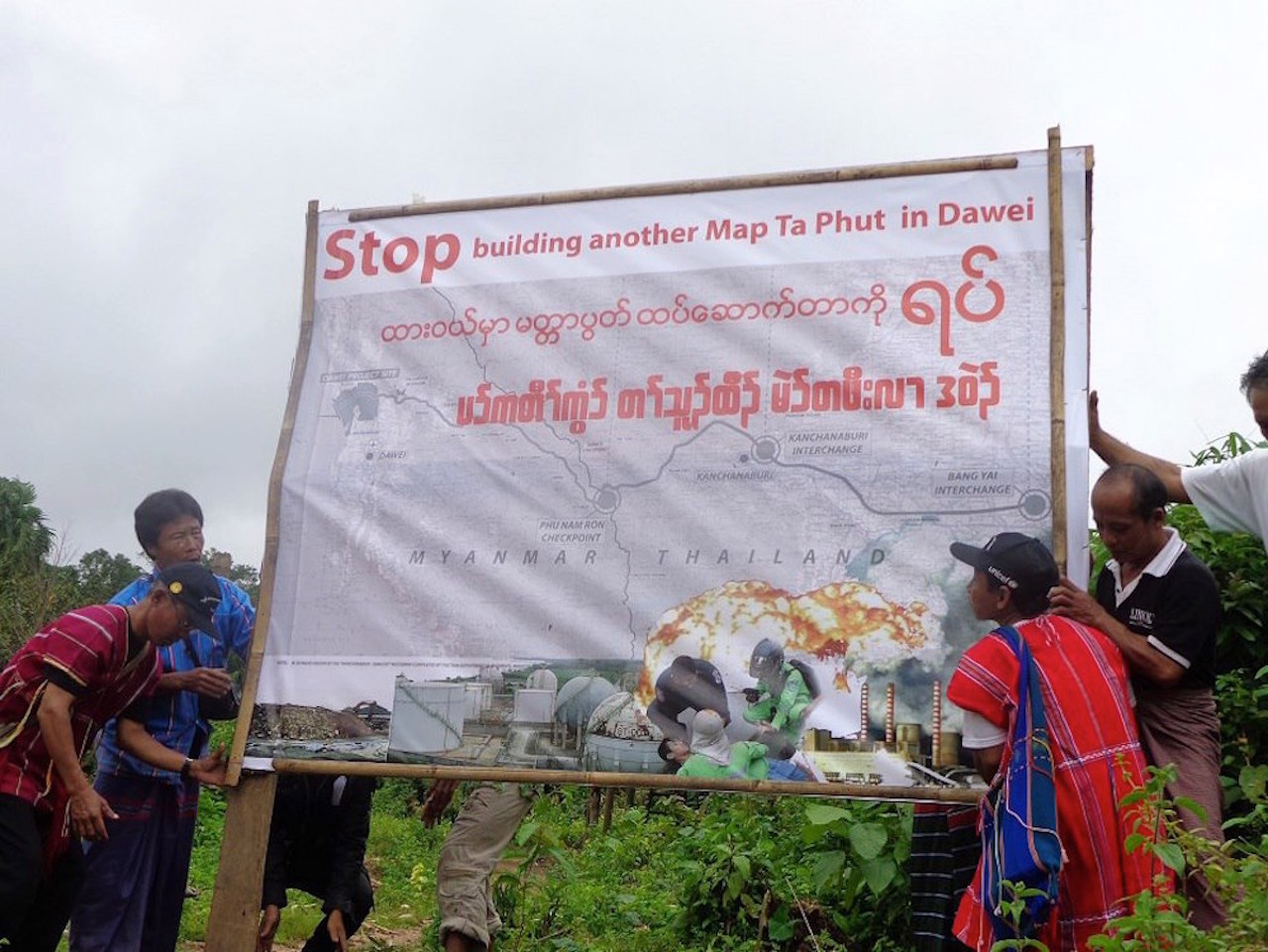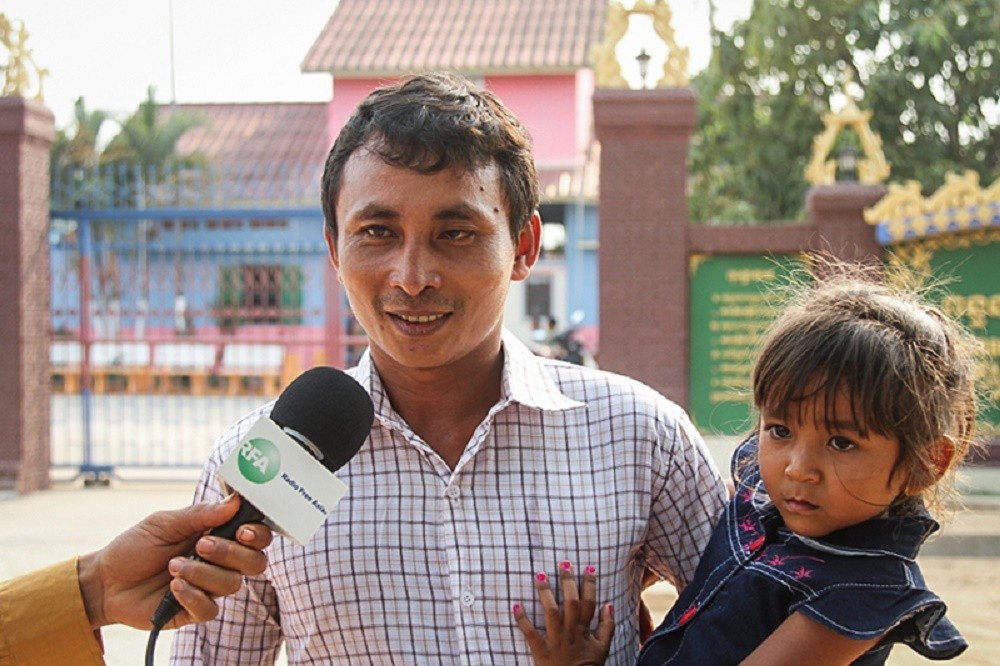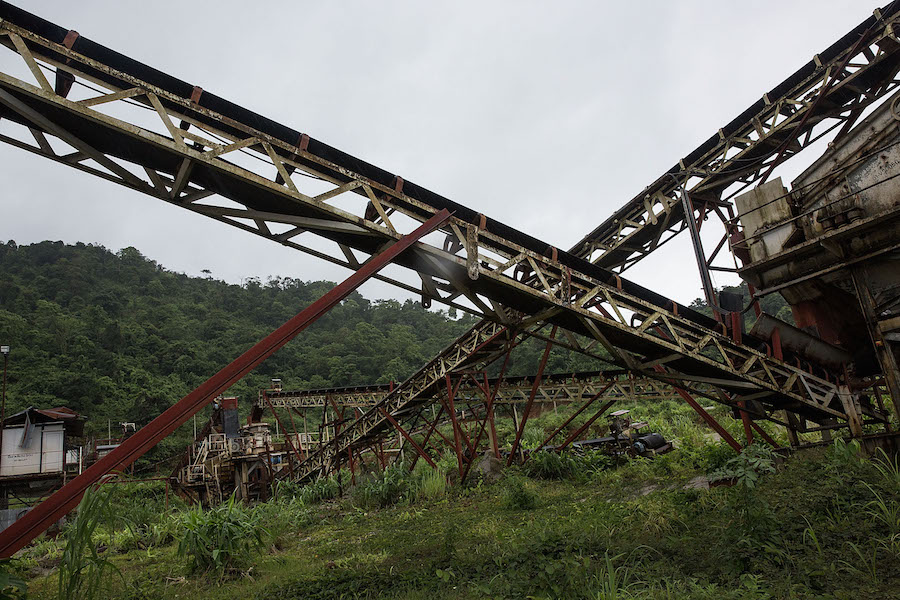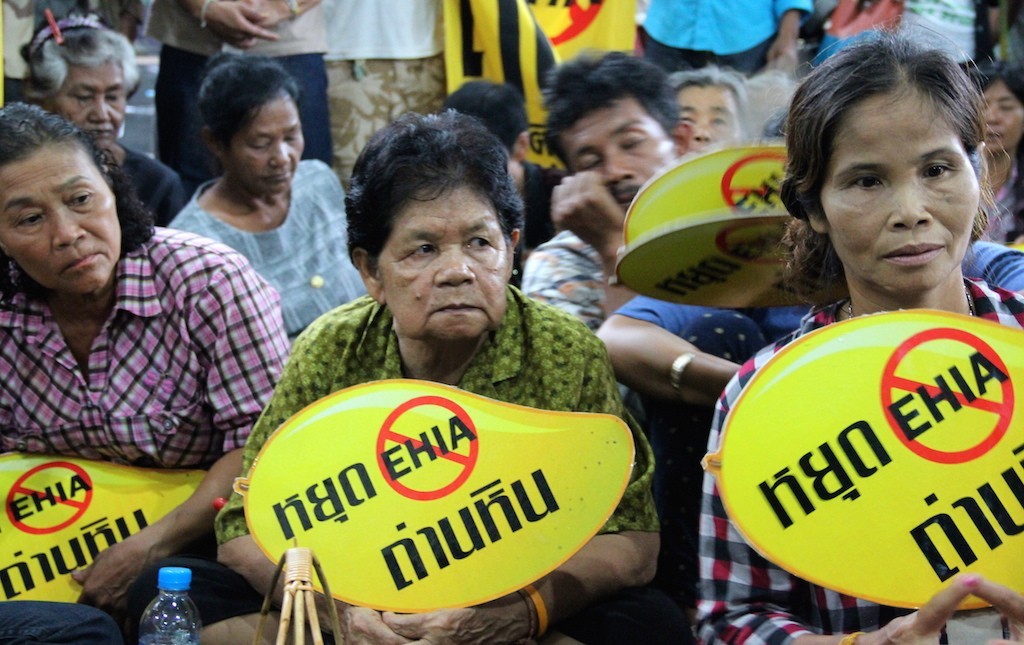The code should include three main components: confidence building measures, preventive diplomacy and dispute settlement mechanisms.
Tag: conflict
Mekong River to become new South China Sea for regional disputes?
The Beijing-led Lancang-Mekong Cooperation mechanism was set up to help ease tensions over development projects, but NGOs are unconvinced
Land Conflict Victims Call for a Stop to Lake Filling
Pav Suy More than 300 protesters from about 40 communities affected by land disputes throughout the country launched the Free the Lakes campaign yesterday, marching through the capital to the National Assembly accompanied by monks before submitting a petition to the governing body. The protesters gathered on a large swathe of sand-filled area that was […]
Civil society groups demand halt to Hpakant jade mining
Civil society organisations meeting in the Kachin State mining town of Hpakant have called for a suspension of all jade mining projects, saying the industry is costing lives, ruining the environment and fuelling conflict.
“Until rules, laws and regulations are legislated and enacted, jade businesses and projects should be halted. Proper policy guidelines, laws, mechanisms, and rules and regulations for the extractive industry should be legislated as fast as possible,” the groups said in a statement directed at the incoming NLD government.
Their call for a suspension of mining activities in Kachin State echoed a call for a moratorium on oil and gas production in Rakhine State that was issued yesterday by Arakan Oil Watch, an NGO that is campaigning for the devolution of management and ownership of natural resources.
NLD promises to listen to public on Myitsone Dam
National League for Democracy Spokesperson Zaw Myint Maung soothed local concerns on the future of the controversial dam, Myitsone.
He said yesterday that the new government would heed public opinion before making the next move and if the project does not win public approval, it would not be resumed.
“We have always faced questions on this. Anybody can say what they want. But as the spokesperson of the party, the o nly thing I can say is our policy is clear. We have special consideration for the people. We will not do it if people do not agree. Our chairperson Aung San Suu Kyi already mentioned it. We will aim for the development of the people,” he said.
Civil society steps up Dawei SEZ campaign
A civil society group has published a comprehensive report on mistakes made by the developers of a highly ambitious project in Dawei in the hope the new government will address their concerns before allowing the project to continue.
The report urges the project’s Thai and Japanese investors to resolve problems affecting local communities before they continue building the special economic zone and deep-sea port in Tanintharyi Region.
Published on March 7 it outlines a range of issues dating back to the zone’s inception in 2008. The recurrent theme is a lack of transparency, dialogue or compensation based on the developers’ lack of respect for local communities and its reluctance to engage.
Environmental Campaigner Convicted of Forestry Crime
A prominent anti-dam activist in Koh Kong province who has been jailed since October was convicted Thursday of illegal logging and given a suspended prison sentence, allowing him to walk free but leaving the shadow of a criminal conviction hanging over him.
The decision marked the first conviction of an activist affiliated with the group Mother Nature, which has been a thorn in the side of the government for the past two years due to its provocative and eye-catching protests against the impending construction of a hydropower dam in Koh Kong’s Areng Valley.
Drought-hit Thailand taps Mekong water
Facing a severe drought this year, Thailand is pumping water from the Mekong river to irrigate farms inland. It also wants to divert larger volumes, despite warnings from environmentalists about the downstream impact.
Pumping is now taking place in north-eastern Thailand, a parched region separated from Laos by the Mekong. In Nong Khai province, where a sluice gate between the Mekong and its tributary located within Thailand is now closed, temporary pumps are extracting water from the river at a rate of 15 cu m per second to water crops.
Fair Share: Toward an Equitable Resource Revenue System
Myanmar’s government currently collects much of the trillions of kyat generated by oil, gas, gemstones and other minerals each year, primarily through its state-owned economic enterprises (SEEs). In the face of such centralized control over revenue, many ethnic groups have long asserted their right to make decisions over resource management in their states. In fact, combatants in areas of active conflict and leaders from several ethnic minority parties—particularly those associated with Kachin, Rakhine and Shan states—have openly called for greater resource revenue sharing.
Coal plant in Thepa ‘would inflame the insurgency’
ACTIVISTS have voiced concern that a coal-fired power plant proposed for Thepa district in Songkhla will cause more violence in the Deep South – as mosques, a religious school and Muslim cemeteries would have to be moved to make way for the plant.
They also claimed that all three public hearings about the plant and its coal transport pier were not held properly. They have said the Office of Natural Resources and Environmental Policy and Planning (ONEP) should revoke the Environmental and Health Impact Assessment (EHIA) on the project.
Yesterday, the Southernmost People’s Network of Community Right and Environment Safeguard for Peace (Permatamas) and a group of locals and students from Prince of Songkla University’s Pattani Campus gathered at ONEP to give a petition to the agency’s secretary general.


